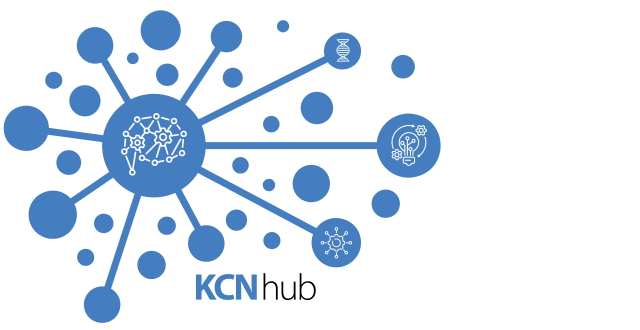Sequential propagation and routing of activity in a cortical network
This seminar was originally scheduled for Feb 1 and has now been re-scheduled to April 19.
Abstract: Single spikes can trigger repeatable sequences of spikes in cortical networks. The mechanisms that support reliable propagation from such small events and their functional consequences for network computations remain unclear. We investigated the conditions in which single spikes trigger reliable and temporally precise sequences in a network model constrained by experimental measurements from turtle cortex. We examined the roles of connectivity, synaptic strength, and spontaneous activity in the generation of sequences. The resulting activity can be selectively gated, enabling the controlled routing of activity. These results reveal how repeatable sequences of activity can be triggered, sustained, and controlled, with significant implications for cortical computations.
Recording available on kcnhub youtube channel

